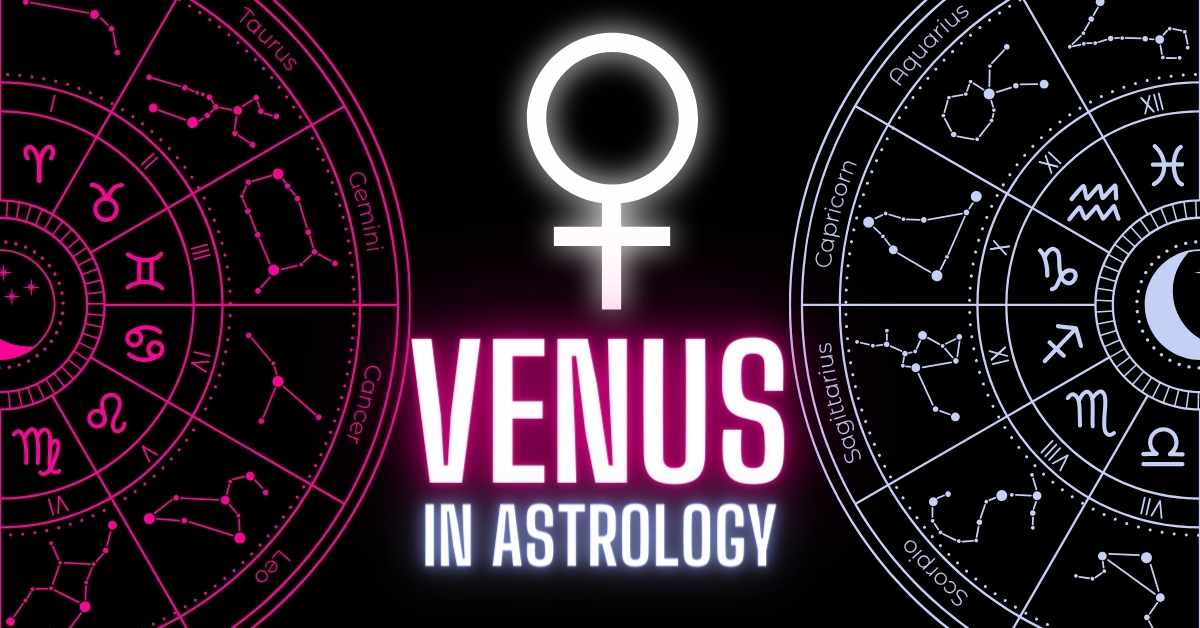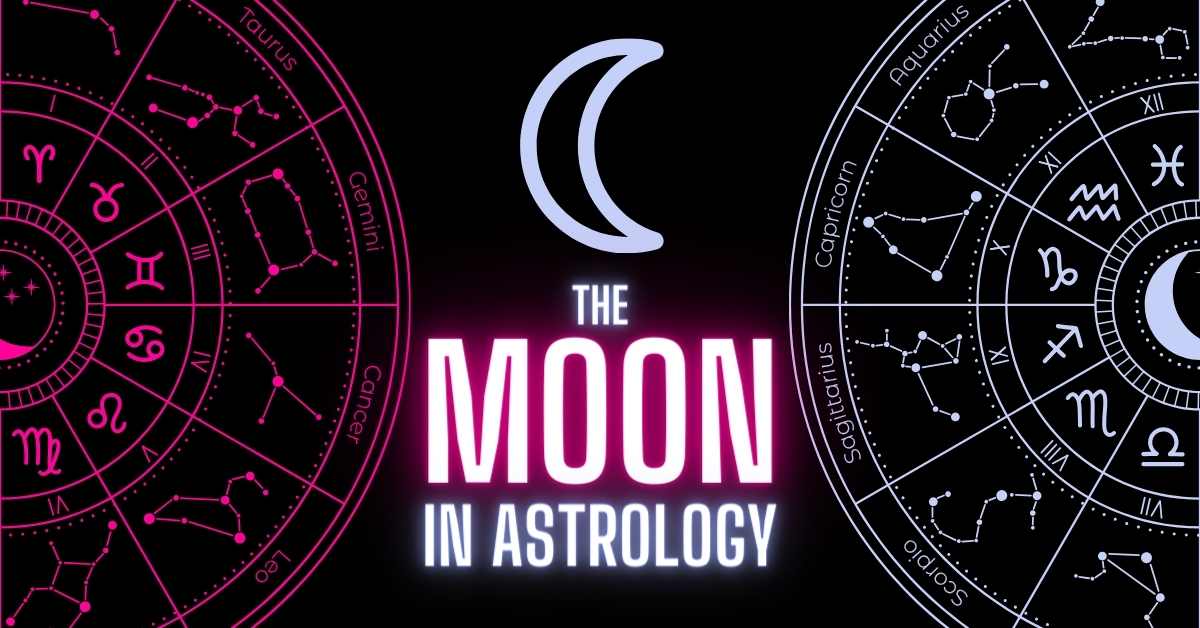MERCURY MEANING IN ASTROLOGY
Mercury is the planet of intellect and communication. It rules both Gemini and Virgo and is also linked to the 3rd and 6th houses. Its symbol is an amalgamation of the cross — symbol of earthly manifestation, the circle — symbol of spirit, and the crescent, symbolizing the container for wisdom. The moon pertains to the abstract emotional side of the brain, whereas Mercury relates to the rational, thinking side. Mercury rules over the nervous system, a network of synaptic channels symbolic of Mercury’s role as a messenger and medium for information exchange. In a birth chart, wherever Mercury happens to be placed will indicate an area where attention and focus must be applied and skills ought to be learned.

RULES: GEMINI
DETRIMENT: SAGITTARIUS
EXALTATION: AQUARIUS
FALL: LEO
TRAITS ASSOCIATED WITH MERCURY:BRILLIANCE, ALERTNESS, ARTICULATE, VERSATILITY, GOOD COMMUNICATION, INTELLECTUALISM, TRICKERY, ADAPTABILITY, DEXTERITY, SKEPTICISM, IRRESPONSIBILITY, INDECISION, RESTLESSNESS, IMITATION
Mercury is the planet of the cerebral mind that evaluates the world and observes cause and effect. It makes the connection between ideas and uses reason to justify its aims. Mercury is at its detriment in the sign of Sagittarius. Reason being that Sagittarius is the sign of the universal mind whereas Gemini is the dual mind. Mercury is in it’s fall when in the emotional sign of Pisces. Mercury is all about mental agility and powers of perception. It is also linked to commerce and the marketplace. Transactions of both a financial and intellectual sort are affected by this planet.
This planet speaks to the impulse for communication both of the written and verbal form. It concerns the nature and wiring of one’s mentality and the understanding of the world around them. It also relates to instincts refined through education and learned concepts. A strong Mercury is an asset to Intellectual style and the absorption of knowledge. Mercury is the link between heaven and earth; soul and body so to speak. In the personal chart, it also encompasses short trips and relations to siblings. In the physical body it correlates to the lungs, shoulders, arms and hands.
In medical astrology, the planet Mercury is regarded as the controller of the thyroid gland and regulator of metabolic processes and respiration. Nervous energy, anxiety and neuroticism are all associated with this planet. The breathing is affected in response to stressors like fear and shock. When an individual is able to control their breathing and slow it down deliberately, they are able to maintain calm in face of panic. Mercurial types of people are more adrenal with a hypersensitive nervous system. Such people are usually slim, restless and impulsive with a tendency to exhaust the people around them.
MERCURY IN MYTHOLOGY
In Roman mythology, Mercury is known as the messenger of the gods. To mankind, he bequeathed the gift of language and mental acuity for learning and communication. The Greek equivalent of Mercury is Hermes who also bestowed the gifts of writing and language. Mercury is portrayed as a youthful male that is androgynous in appearance. This is symbolic of his neutral role as a Mercury has a talent for rhetoric and clever thinking and was known for his mental trickery. Likewise, the planet Mercury in astrology is associated with verbal ability, intellect and curiosity.
In Roman religion, Mercury is the god of merchants, swindlers, wayfarers, transporters and messengers. The cult of Mercury dates back to 495 BCE with a temple dedicated on Aventine Hill in ancient Rome. The mother of Mercury is identified as Maia, who is also associated with the Greek Hermes whose father is Zeus. Maia in Greek mythos, was the daughter of the Titan Atlas. Because Jupiter is the Roman equivalent of Zeus, he is also attributed as the father of Mercury. May 15 is the day on which Mercury and Maia are honored at the Mercuralia festival.
Mercury is sometimes depicted with a purse that is symbolic as a vessel for business transactions. He is also shown wearing a winged cap and winged sandals while toting the caduceus staff he received from Apollo in Roman lore. As one of the major gods in the Dii Consentes of the Roman Pantheon, Mercury played an active part in Roman culture. His designated roles included serving as a bestower of good luck, cleverness, eloquence and guide of the souls to the underworld. In the earliest records, Mercury appears to have links to the Etruscan deity Turms.
AN ASTRONOMICAL LOOK AT MERCURY
Mercury is the smallest planet in our solar system and the one closest to the sun. It takes 87.97 days to complete its orbit around the sun which is the fastest orbital period of all the planets. The planet is only visible on the western or eastern horizon during the early evening or morning. From earth it appears like a bright star-like object in the sky but less visible than Venus. Its synodic orbit takes 116 days and when viewed through a telescope, you can see its various phases much like the moon.

Mercury’s axial rotation is unique in our solar system because its rotational cycle takes longer than its solar orbit. The planet rotates on its axis three times for every two revolutions around the sun. On the planet Mercury, a day would take two Mercurian years to complete. The axis of Mercury has the smallest tilt of any planet at about .3 degrees. It has the largest orbital eccentricity with a perihelion that is only two-thirds of its distance at aphelion. Mercury has a rough, heavily cratered surface like the moon and has had no geological activity for billions of years. It has no moons and almost no atmosphere.
The earliest known observations of Mercury come from the Mul.Apin tablets. They are believed to have been made by an Assyrian astronomer sometime during the 14th Century BC. The cuneiform name used for Mercury translates to “the jumping planet”. Babylonians called it Nabu. Romans named the planet after the fleet-footed god, Mercury because of how fast it moved. The astronomical symbol for Mercury is a stylized version of Hermes’ caduceus.
Related Pages:
- Sun in Astrology
- Moon in Astrology
- Venus in Astrology
- Mars in Astrology
- Jupiter in Astrology
- Saturn in Astrology
- Uranus in Astrology
- Neptune in Astrology
- Pluto in Astrology
- The Planets and Luminaries
- Planets In The 12 Astrology Houses
- Planets In The Signs
- Planetary Aspects
- Zodiac Constellations
- The 12 Houses in Astrology
related posts:
Want to know your astrology placements? You can generate your astrology chart here with our free birth chart generator tool.
- The 8 Cognitive Functions Explained - May 17, 2025
- American Presidents Ranked By Zodiac Sign - January 20, 2025
- ESTP and ESFP in love: 6 Dynamics of Their Relationship - September 4, 2024








